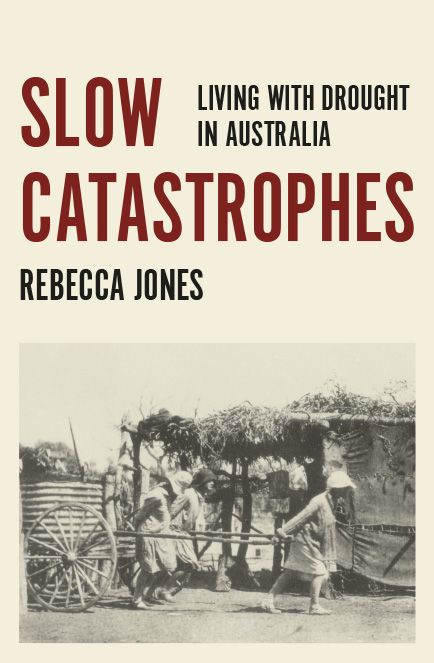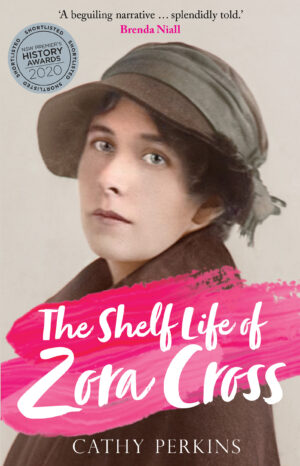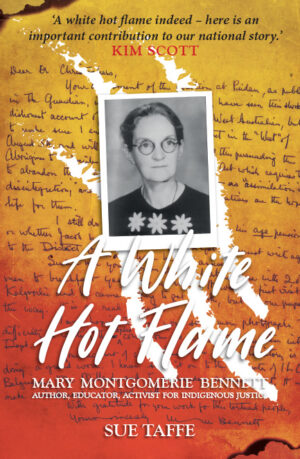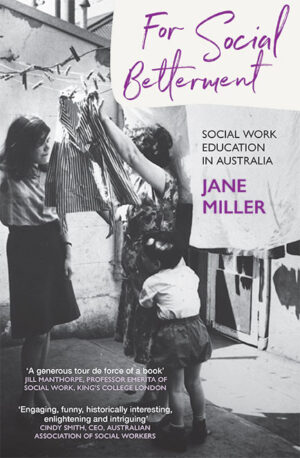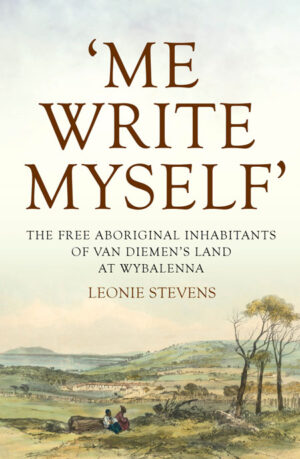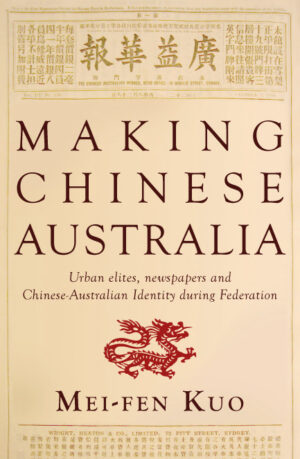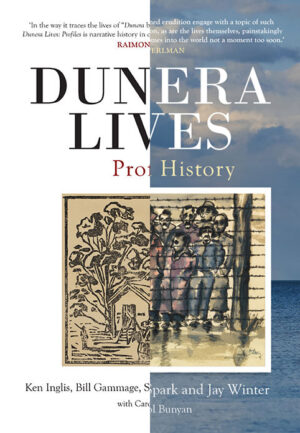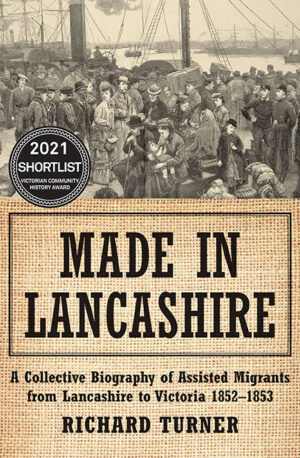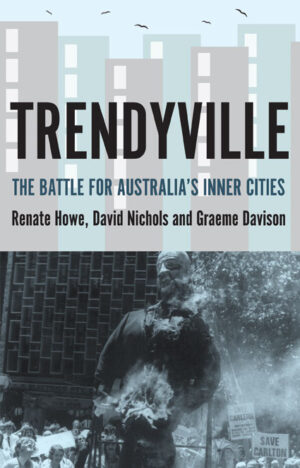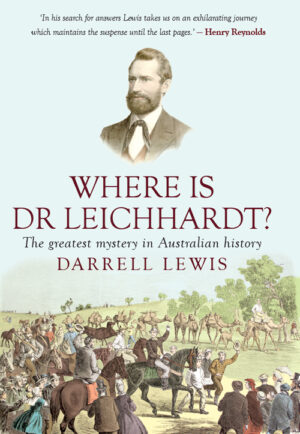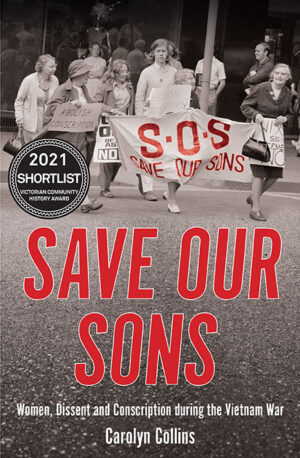‘This is a timely and necessary book. It deserves to be read widely.’ The Weekly Times
Living with drought is one of the biggest issues of our times. Climate change scenarios suggest that in the next fifty years global warming will increase both the frequency and severity of these phenomena. Stories of drought are familiar to us, accompanied by images of dead sheep, dry dams, cracked earth, farmers leaving their lands, and rural economic stagnation. Drought is indeed a catastrophe, played out slowly. But as Rebecca Jones reveals in this sensitive account of families living on the Australian land, the story of drought in this driest continent is as much about resilience, adaptation, strength of community, ingenious planning for, and creative responses to, persistent absences of rainfall. The histories of eight farming families, stretching from the 1870s to the 1950s, are related, with a focus on private lives and inner thoughts, revealed by personal diaries. The story is brought up to the present with the author’s discussions with contemporary farmers and pastoralists. In greatly enriching our understanding of the human dimensions of drought, Slow Catastrophes provides us with vital resources to face our ecological future.
Rebecca Jones is an historian of climate, the environment and rural health. She is author of Green Harvest: A History of Organic Farming and Gardening in Australia. She has worked both as a public historian and an academic historian at Monash University and the Australian National University, and has held research fellowships at the National Library of Australia, the State Library of New South Wales and the History Council of South Australia. Slow Catastrophes was researched and written while Rebecca was postdoctoral fellow in the School of History and Centre for Environmental History at the Australian National University.

